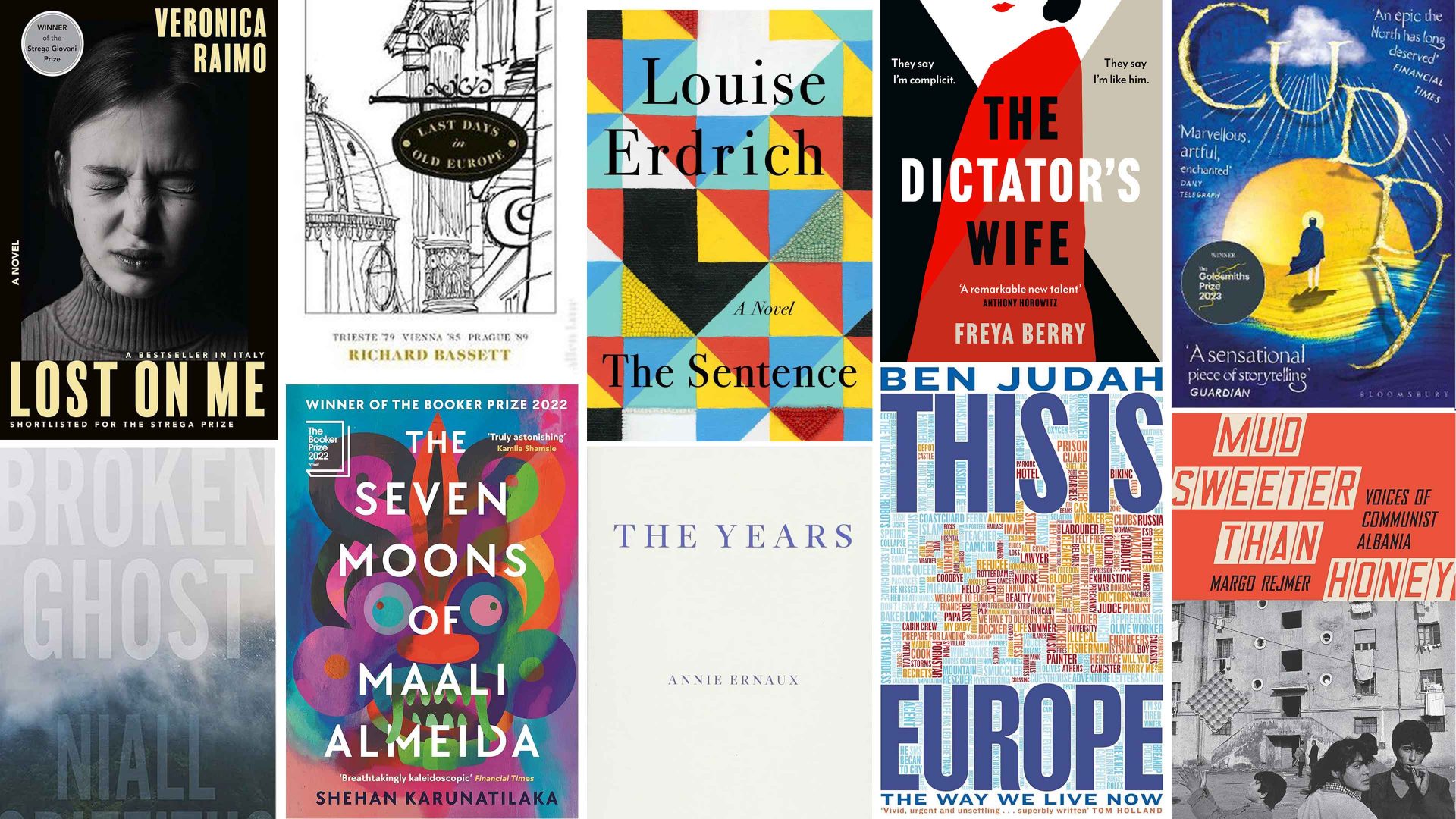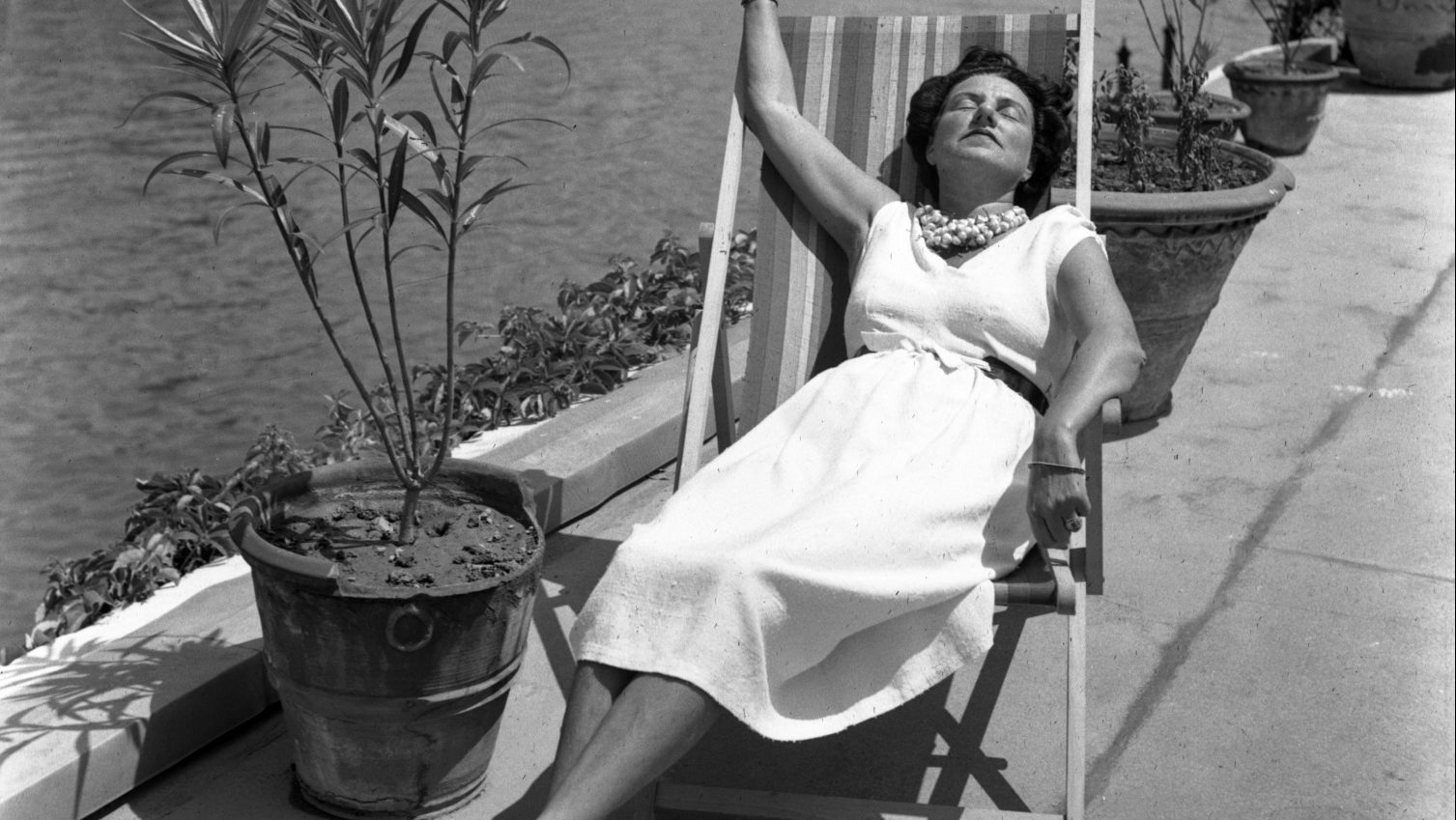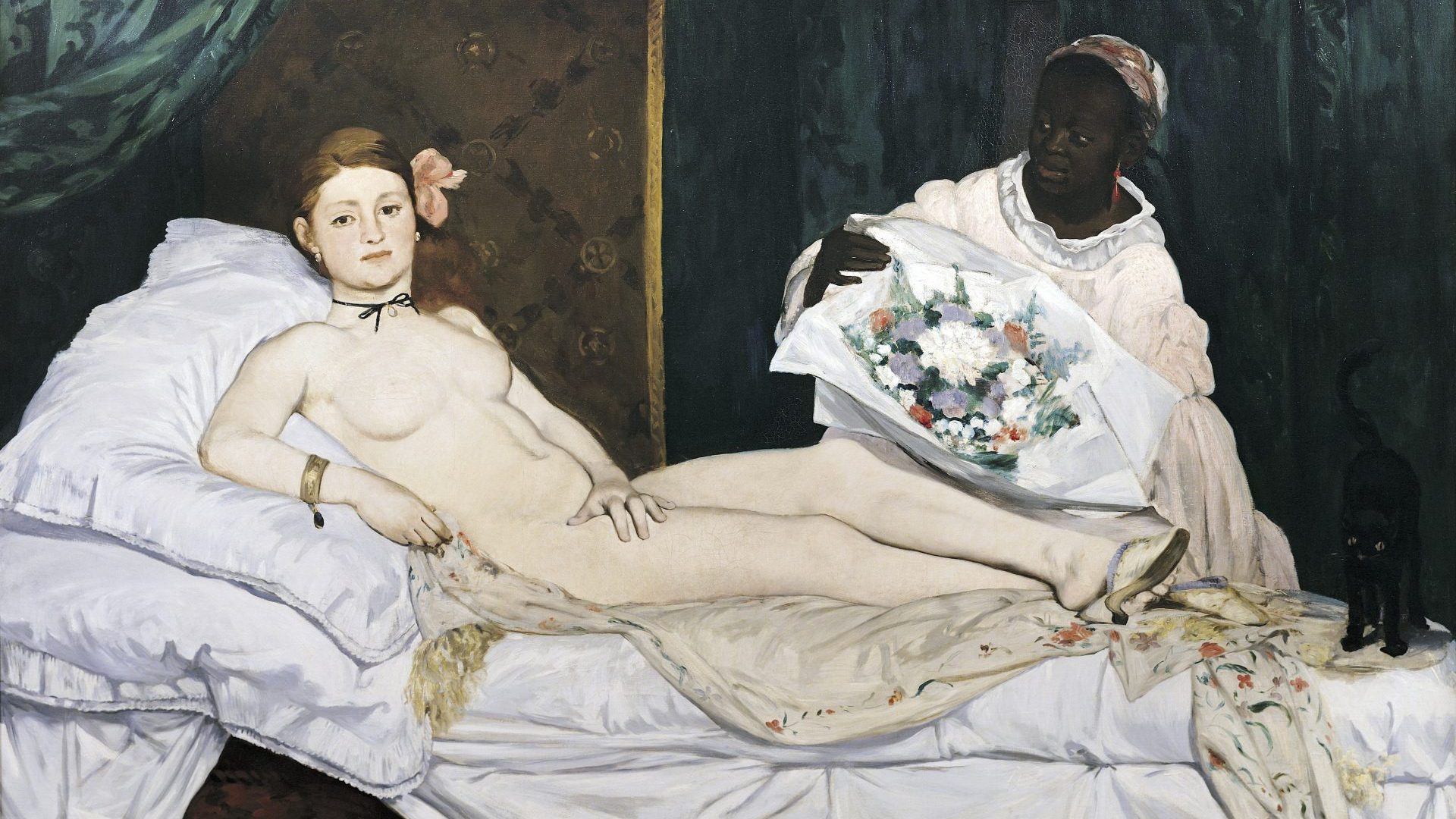As issue 400 of the New European thunders over the horizon – not bad for a paper only intended to run for four weeks – now is as good a time as any to take stock of the books that have kept us entertained, enervated, inspired and distracted in the eight years since we woke up one June morning to find, to borrow from WB Yeats, everything changed, changed utterly.
Hence in this issue and the next we’ll be counting down the best 20 books published since Brexit according to your super soaraway New European. Well, according to me, anyway.
This week we’ll run down from 20 to 11 then, if you can somehow stand seven whole days of agonising suspense, we’ll list the top 10 literary smash hits in the bumper summer issue next week.
I won’t pretend that narrowing down the massive range of literary gems published over the last eight years to a round 20 has been easy. I have tossed and, indeed, turned. Every available horn had its attendant dilemma. Subjectivity and objectivity have been pinning each other to the mat for weeks now, leaving my brow more furrowed than a medieval strip farm.
After which we have these, the final 20, sifted and presented in order of greatness with an authority that rests somewhere between considered and arbitrary. I am sure there will be favourites of yours missing, possibly heinously so. There are favourites of mine missing, definitely heinously so. But this selection represents a little of what this newspaper is about, which is why you probably won’t find many of the titles chosen here showing up in similar round-ups.
The list comprises fiction and non-fiction and while it features books from British and American writers I have attempted to keep the broad focus firmly on Europe. Our Europhilia is, after all, largely why we gather here every week between these inky pages.
So, shoes off, eyes down, look in, here we go with the 20 best books published since Brexit.
- THIS IS EUROPE by Ben Judah (Picador, £12.99)
Europe is many things but outside literal geography there is no single, defined Europe. In This Is Europe, however, Ben Judah has a tremendous stab at squeezing as much of our multi-faceted continent into 500 pages as he can. He sources remarkable life stories of individuals from a wide range of latitude, longitude, class, race and culture and presents them without comment or editorialising.
From west Cork to Istanbul via the Russian Arctic and the continent’s out-of-the-way places – Rukla, Liepāja, Sabetta, Storkow and Corrubedo all feature here – Judah takes a back seat to focus on the downtrodden and sidelined to produce a remarkably uplifting testament to resilience and the innate human goodness that thrums through our continent.
- THE YEARS by Annie Ernaux, trans. Alison L Strayer (Fitzcarraldo Editions, £13.99)
Shortlisted for the 2018 Man International Booker Prize when Fitzcarraldo Editions published its English translation of a book first published in France in 2008, The Years is one of the Nobel laureate’s finest and most original works. Documenting Ernaux’s life from birth in 1940 to 2006, The Years combines personal memoir with the story of contemporary France in what the author calls “collective autobiography”.
Reproducing photographs, songs and even old adverts, The Years straddles social history and nostalgia perfectly and in beautiful prose, prompting the New York Times to call it “A Remembrance of Things Past for our age of media domination and consumerism”.
- BROKEN GHOSTS by Niall Griffiths (Vintage, £8.99)
Selected as Wales Book of the Year in 2020, Griffiths’s eighth novel is a hauntingly evocative portrayal of what happened when three people coming down a Welsh mountain after a rave witness a miraculous vision in the sky.
An important voice and one of frustratingly few genuinely working-class fiction writers in Britain today, with Broken Ghosts the Aberystwyth-based Griffiths captures perfectly the realities of post-Brexit Britain for the people worst affected, a world of benefit sanctions, addiction issues and petty crime far from campaigning retweets, online petitions and Question Time.
This is Brexit Britain through the eyes of those least equipped to absorb its fallout in an outstanding novel that captures the nation brilliantly through a distinctly Welsh lens.
- LAST DAYS IN OLD EUROPE by Richard Bassett (Penguin, £9.99)
This 2019 memoir by a distinguished foreign correspondent passed rather under the radar at the time, but is a wonderful evocation of a 1980s Europe on the brink of extraordinary change.
Focusing on his time spent during the decade in Trieste, Ljubljana and Prague, Bassett evokes the spirit and atmosphere of a continent in flux while meeting a string of refugees cast adrift by the passing of time – playing bridge in Trieste with the last man alive to have been decorated by the Habsburg Emperor Franz Josef, for example – while witnessing the rapid forces of change afoot.
An elegiac meditation brimming with affection for Europe and its people from all walks of life and packed with brilliant stories, this is the perfect read to remind us why we need to be a part of this bewitching continent.
- MUD SWEETER THAN HONEY by Margo Rejmer, trans Antonia Lloyd-Jones and Zosia Krasodomska-Jones (MacLehose Press, £12.99)
Albania was always the untold story of European communism, the cold war and the fall of the Berlin Wall; a walled-off enigma that was subject to occasional mild speculation and the odd cheery joke. Yet 6,000 people were murdered by Enver Hoxha’s regime, 7,000 more died in labour camps and more than 1,000 political prisoners went to jail and never came out again in a country whose population peaked at barely 3 million.
Rejmer’s mix of memoir and reportage makes for a remarkable, shocking and eye-opening insider’s account of life in Albania under Hoxha and the subsequent fallout from his death and the collapse of communism.
Talking to multiple victims of the regime as well as documenting her own experiences, Rejmer’s brilliant book is a testament to resilience, pragmatism and quiet acts of extraordinary heroism.
- THE DICTATOR’S WIFE by Freya Berry (Headline, £9.99)
Berry’s 2023 novel set in a fictional authoritarian nation in eastern Europe is one of the most astounding debut novels I have ever read, mostly because in Marija Popa, former first lady of Yanussia, she has created one of the most complex, nuanced and terrifying characters in modern fiction.
Berry’s protagonist Laura is a lawyer originally from Yanussia, returning in 1993 to the now postcommunist country as part of the legal team representing Popa in a trial on fraud and corruption charges. Secrets are gradually uncovered and mind games expertly played to make this one of the best literary political thrillers of any era.
- THE SEVEN MOONS OF MAALI ALMEIDA by Shehan Karunatilaka (Sort Of Books, £9.99)
The first review of this 2022 winner of the Booker Prize appeared in these very pages, so quite frankly its subsequent success was entirely down to us. Well done, everybody.
Karunatilaka’s second novel came a decade after his first and is a darkly funny whodunnit, political satire and ghost story from Sri Lanka’s finest literary export.
A newly dead press photographer is given seven days, or moons, after his death during the troubled Sri Lankan early 1990s to progress from the purgatorial “In-Between” to “the Light” of the ever after, involving an immersion in politics, corruption and even terrorism. “You were led to believe death was sweet oblivion,” he’s told, “and you were wrong on both counts.” A unique and brilliant novel by an immensely gifted writer.
- LOST ON ME by Veronica Raimo, trans. Leah Janeczko (Virago, £16.99)
Any novel that begins “This book is about me. Sort of. ‘Let’s just say this is me,’ says the narrator of the book, which is me, sort of” is going to be worth picking up.
Italian writer Veronica Raimo’s 2022 Lost On Me is a darkly funny exploration of secrets and lies written with a subtle grace to its characterisation and a plot in which nothing much happens yet everything happens. Its central character Vero is clearly a cipher for the author herself, unpicking a deeply unorthodox childhood with a hilarious dry wit.
This is a brilliant example of the best in translated fiction: Leah Janeczko maintains the book’s innate ambiguity and swerving nuance to produce one of the best novels in translation of recent years.
- THE SENTENCE by Louise Erdrich (Corsair, £10.99)
Also from 2022, and another novel that blurs the boundary between author and protagonist, The Sentence starts out as what appears to be a fairly conventional modern ghost story set in a Minneapolis bookshop, much like that run by the Pulitzer Prize-winning novelist herself.
As Erdrich worked on the book, however, George Floyd was murdered by a police officer a few streets away, then the Covid-19 pandemic swept through the city and The Sentence grew into something much larger, a novel written at the heart of the events it portrays, effectively in real time.
A raw dose of realism combines with an absorbing premise to produce a book deservedly shortlisted for the Women’s Prize for Fiction. Few novels capture their times as well as this.
- CUDDY by Benjamin Myers (Bloomsbury, £9.99)
There are few more gifted novelists – and certainly few more prolific ones – working in Britain today than Benjamin Myers. His 2017 historical novel about Lancashire coin clippers The Gallows Pole could easily have made this list, but last year’s extraordinary Cuddy topped even that masterpiece.
Scandalously omitted from the Booker longlist but deservedly picking up the Goldsmith’s Prize, this polyphonic, millennium-spanning epic barrels through the history of Durham Cathedral and the saint who inspired its foundation, Cuthbert, the Cuddy of the title.
From the clerics keeping Cuthbert’s remains on the move to prevent him falling into the hands of marauding Vikings to a young man negotiating the realities of working-class life in Brexit Britain, Myers creates characters and voices so absorbing it’s a wrench every time the timeline leaps forward.
Each protagonist soon becomes the centre of your world in this epic eavesdrop on a nation’s history through people linked by place, culture and ancestry. An astounding achievement.




